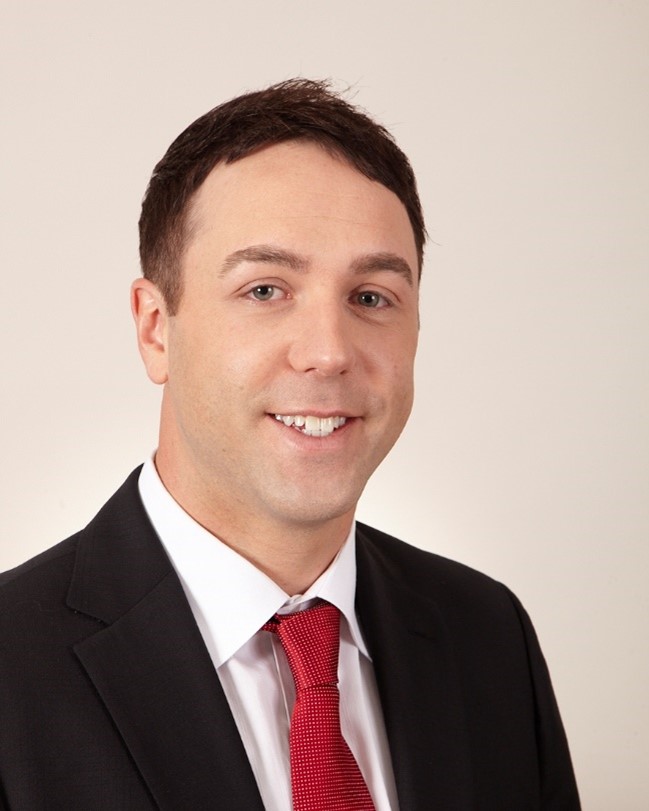Contracts are a critical component of a successful financial strategy for nearly every facility. While often underestimated, small changes in your managed care contracts can have big impacts on your bottom line. Here are 6 tips that your surgery center might want to consider as you look to get the most out of managed care contracts:
#1: Dedicate a staff member to all things contracts: It is common for ASCs to overlook the necessary dedicated resources to properly manage contracts. As a result, contracts can’t always get the attention they need and are often missing or incomplete. If your surgery center is in-network, complete managed care contracts are essential to ensure proper coding and billing. Your surgery center could be losing thousands of dollars if you’re not looking at the contract each and every time a payment comes in to make sure it is paid correctly. By putting a dedicated and qualified staff member in charge of managed care contracts, your surgery center can truly stay on top of all the details that have an impact on reimbursement and your bottom-line.
#2: Keep up with changing times: One of the trends your surgery center should track is the growth of self-funded plans and employer involvement with healthcare savings and direction of care. Historically, most employers operated under a fully-funded model, where the employer contracts with an insurance company to cover their employees and dependents. They are now moving towards self-funded arrangements, where employers provide health benefits using their own funds. According to a Kaiser Family Foundation–Health Research & Educational Trust (HRET) survey on employer health benefits, the percentage of employers who fully or partially self-insure increased from just 44% in 1999 to 63% in 2015, and 94% of employers with 5,000 or more workers self-fund their insurance plans. Under these completely self-funded models, the insurance company typically acts as an administrative services only (ASO) provider. ASOs handle administrative tasks such as managing the network and providers, building the network and issuing insurance cards, but do not fund the actual payments to ASCs.
#3: Train staff to dig deeper: As the number of self-funded plans continues to grow, your front desk and registration staff need to be cognizant of this shift — as it affects payment. Tracking and organizing insurance plans by employer and insurance type is a great way to gain insight. After a few months of tracking, you will be much more aware of employer insurance structure and surrounding markets allowing you to get ahead of possible issues. For example, under a fully funded plan, the insurance carrier is responsible for paying the claim. Whereas under a self-funded plan, the ASO insurance carrier is usually not responsible or liable for paying the claim. By educating the front desk staff to dig deeper you will be able to better understand what type of plan you’re dealing with prior to surgery.
#4: Understand your surgery center’s place in the market: How patients look for surgical care providers is becoming increasingly more like searching for a new car or booking your next weekend getaway. Understanding how payers in your area are communicating with patients and directing care can be vital to your surgery center’s health. For example, some insurance plans might operate with a tiered or narrow network. Under a tiered network, an individual’s out of pocket cost can differ depending on the “tier” to which the provider is assigned. For example, if your ASC is in the top tier, a co-insurance might be $100 whereas if you are in the second tier it would be $200 and if you are in the third tier $500. Under narrow networks, payers may direct patients or use fewer providers to help control costs.
#5: Create quick reference tool in Excel: While it is absolutely essential to keep full contracts on file, it might also be helpful to create a document making it easy to extract information quickly. By doing so, your staff members will no longer need to wade through a 100-page document but can instead quickly determine payment terms for specific procedures.
#6: Constantly analyze contract terms in relation to overhead costs: It’s important to monitor payments and check to see if they are not only in line with the formal contract but also making sense financially. For example, the addition of new specialties/CPTs can be an eye opening as your contract may not appropriately cover the new cases.
Written by Scott Allen, Vice President Managed Care Contracting, National Medical Billing Services
Source: Becker’s ASC Review
This post was first published February 22, 2019 and was updated July 29, 2020.

